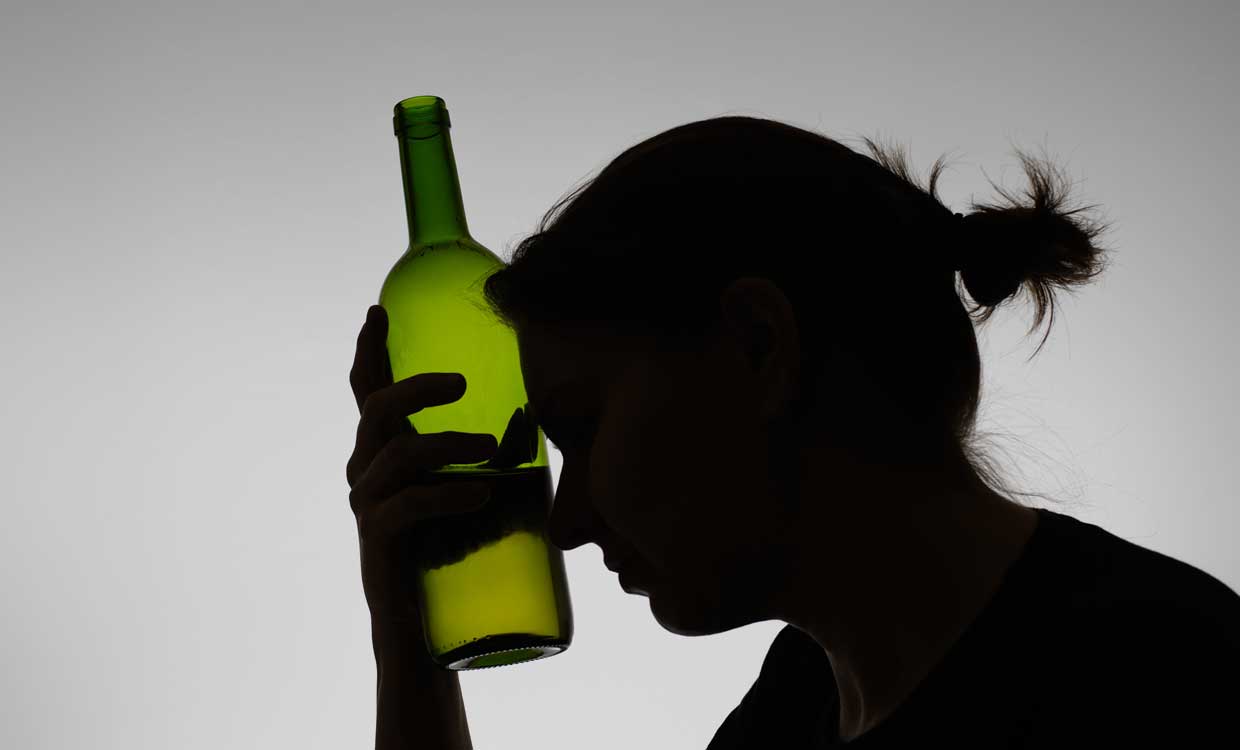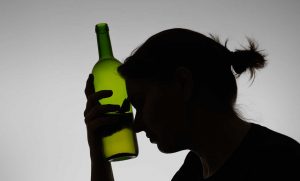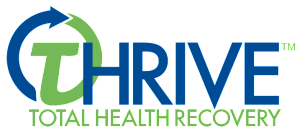New Report Adds to Knowledge Pool About Trauma’s Role in Female Alcohol Use Disorder, Calls for Additional Research

Childhood trauma stressors have long been associated with alcohol misuse and development of AUD.
The report—“The Role of Stress, Trauma, and Negative Affect in Alcohol Misuse and Alcohol Use Disorder in Women”—notes that childhood trauma and maltreatment are psychosocial stressors that have long been associated with alcohol misuse and development of AUD in both males and females.
However, girls and women face significantly higher rates of childhood sexual abuse and violent victimization. These rates, the researchers believe, are factors that “produce the highest odds ratios [for female] association with heavy drinking, drinking to cope with negative affect, and development of AUD.”
These higher odds ratios also come into play with “negative affect,” which is broadly defined as a state of emotional distress invoking anxiety, fear, anger, irritability, and sadness, caused by repeated and cumulative exposure to stress, trauma, adversity, and maltreatment. Previous research has definitively linked negative affect with substance use disorders and determined that women report more negative affect than men. Prior research has also “documented that, while men tend to consume alcohol to enhance positive feelings, women more frequently consume alcohol in response to negative emotions.” Bottom line, according to the recent report, is that early trauma, negative affect, and other stressors are linked to the development and maintenance of substance use disorders and that drinking in an effort to self-medicate their symptoms are associated with the increasing rates of AUD in women.

Comprehensive alcohol and substance abuse treatment is available.

If you or someone you care about, has an ongoing history of alcohol or substance use and/or relapse, contact Gulf Breeze Recovery or call: 833.551.2356 to speak to an addiction expert to learn more about their residential program, out-patient program, and intensive out-patient program, and which of these can best fit your individual needs. These programs have helped many people overcome their addiction and embrace their new happy, healthy, substance-free lifestyle.
We help people not just to survive, but to THRIVE!
New Report Adds to Knowledge Pool About Trauma’s Role in Female Alcohol Use Disorder, Calls for Additional Research

Childhood trauma stressors have long been associated with alcohol misuse and development of AUD.
The report—“The Role of Stress, Trauma, and Negative Affect in Alcohol Misuse and Alcohol Use Disorder in Women”—notes that childhood trauma and maltreatment are psychosocial stressors that have long been associated with alcohol misuse and development of AUD in both males and females.
However, girls and women face significantly higher rates of childhood sexual abuse and violent victimization. These rates, the researchers believe, are factors that “produce the highest odds ratios [for female] association with heavy drinking, drinking to cope with negative affect, and development of AUD.”
These higher odds ratios also come into play with “negative affect,” which is broadly defined as a state of emotional distress invoking anxiety, fear, anger, irritability, and sadness, caused by repeated and cumulative exposure to stress, trauma, adversity, and maltreatment. Previous research has definitively linked negative affect with substance use disorders and determined that women report more negative affect than men. Prior research has also “documented that, while men tend to consume alcohol to enhance positive feelings, women more frequently consume alcohol in response to negative emotions.” Bottom line, according to the recent report, is that early trauma, negative affect, and other stressors are linked to the development and maintenance of substance use disorders and that drinking in an effort to self-medicate their symptoms are associated with the increasing rates of AUD in women.

Comprehensive alcohol and substance abuse treatment is available.

If you or someone you care about, has an ongoing history of alcohol or substance use and/or relapse, contact Gulf Breeze Recovery or call: 833.551.2356 to speak to an addiction expert to learn more about their residential program, out-patient program, and intensive out-patient program, and which of these can best fit your individual needs. These programs have helped many people overcome their addiction and embrace their new happy, healthy, substance-free lifestyle.
We help people not just to survive, but to THRIVE!
About Gulf Breeze Recovery:
Gulf Breeze Recovery, unlike other treatment centers in Florida, is a non 12 step holistic drug and alcohol rehab that is changing the future of addiction treatment with their THRIVE® (Total Health Recovery) program focused on overcoming chronic relapse.
Gulf Breeze Recovery’s THRIVE® program is a non 12-step approach designed for those who are looking for a drug and alcohol treatment program to produce a different and positive result.
This non-12 step program allows you to drive beyond your addictions and promotes a new outlook on life.
We are licensed by the Florida Department of Children and Families, and our last audit scored 99.7! Also, we are gold certified by the Joint Commission.
Want to read more about Gulf Breeze Recovery’s non 12 step, holistic drug and alcohol rehab? Check out some of our latest posts:
Researchers Identify Role of Key Brain Signaling Protein in Alcohol Use Disorder
January 29, 2021
College Students Who Returned Home Due to Pandemic Drinking Less
January 29, 2021
Overdose Deaths Soar in the Midst of a Pandemic
January 27, 2021
Alcoholism Today in Seniors and Younger Generations
January 20, 2021
End Chronic Relapse and Start a New Life!
At Gulf Breeze Recovery we don’t want you to have just a great recovery, we want you to have a great life!











